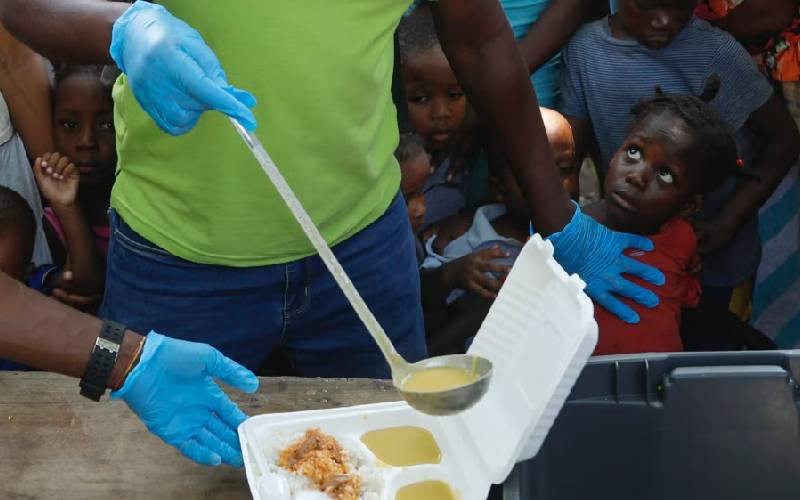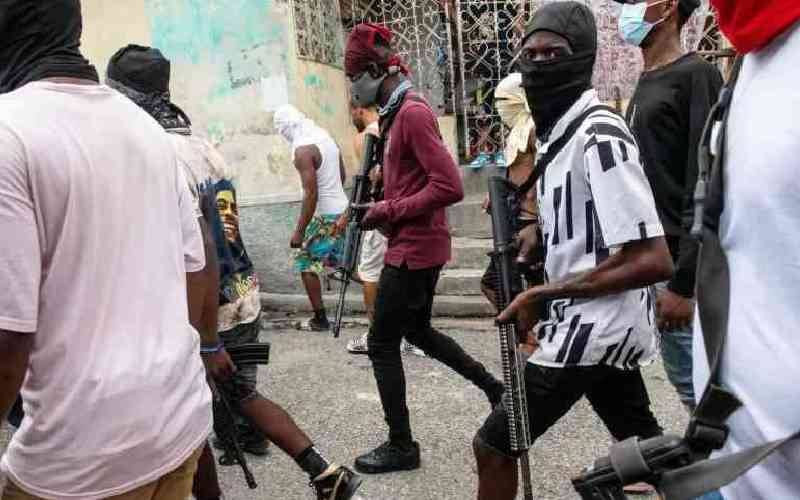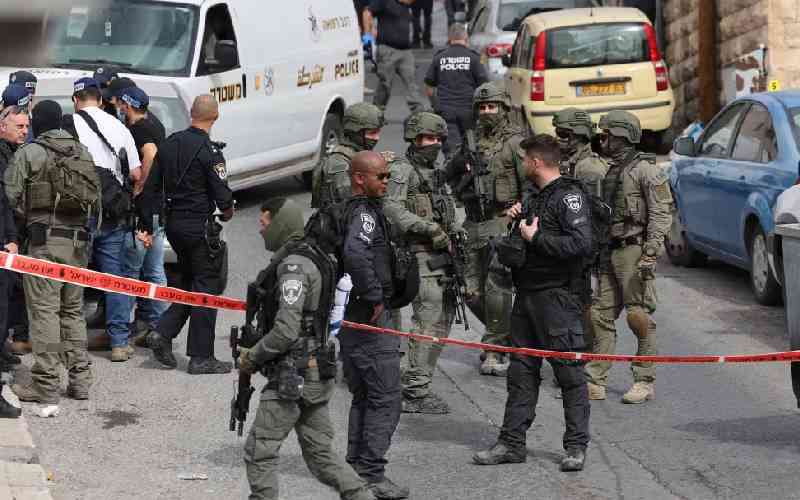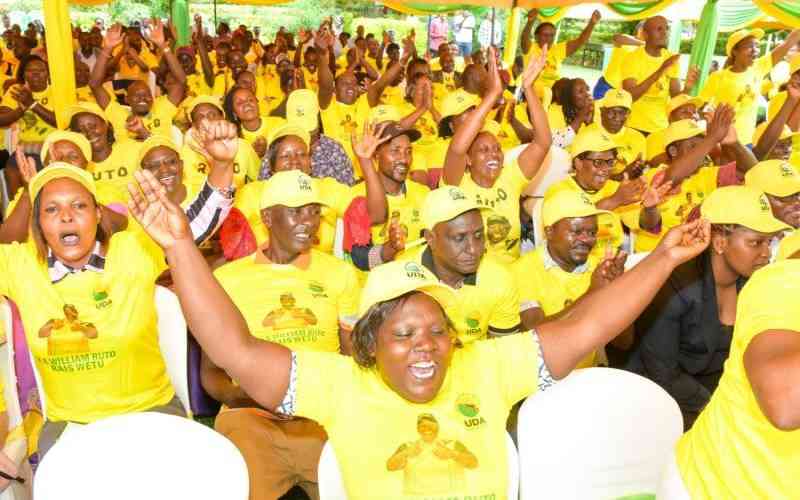By Paul Wafula
We arrive in Bungoma town in the small hours of Thursday, May 9, to a cold, rainy reception.
The streets are dark and deserted. Save for the sound of our vehicle’s engine, the night is silent. This could well be a ghost town.
I am here with photojournalist Collins Kweyu and driver Wachira Kariuki to cover the untold story behind a spate of politically motivated attacks that has claimed about a dozen lives in Bungoma county.
As we drive through the deserted streets, I boast about how well I know Bungoma. After all, I was born and raised here. Most of my schooling was also in this County. But it does not take more than five minutes to realise that this is not the same town I grew up in. Something has changed in the years since I was here last. Bungoma town had become a shadow of its former self.
We see no point in trying to find a place to sleep with the daunting job ahead and dawn just a few hours away. Karis and Collins suggest that we keep driving around the town to familiarise ourselves with it. This will help us get our bearings and map out the areas we will visit later in the day.
We soon notice a heavy police presence at strategic spots between Kanduyi and Kabula, the furthest points on the eastern and western edges of the town. In one police car parked alongside Mumias road, we see a contingent of tired policemen fast asleep, with just one of them keeping vigil. Sporadic attacks over the last few weeks have run police ragged. Hundreds of suspects will be brought in for questioning but most are released without charge.
The coverage by local journalists paints a picture of a region in turmoil. The matter has even gotten the attention of the United Nations, with the Secretary-General’s special advisor for the Great Lakes region condemning the killings. From Kibabii village to Kimaeti, from Chwele to Kikwechi, from one victim to another, the tales we hear through much of the morning reveal the methods and organisation of a soulless criminal group.
It is impossible to understand the levels of cruelty involved until you watch small children wail in pain, as their wounds are sewn shut at the Bungoma District Hospital. Kikwechi is located about half an hour from Bungoma town, off the Kanduyi-Chwele road. There, we meet 48 victims receiving post-trauma counseling at a local church. It is believed that men in Bungoma do not shed tears, but here many weep openly.
Close relatives of business magnate and church leader Timothy Nyongesa, one of those killed in the attacks, recount their loss. Time and again we must stop our interview and let the victims weep until they can compose themselves. They say the shadowy gang, which some call the Kabuchai group, hacked their victims’ heads with machetes. Some survivors had their limbs chopped off and another had an eye gouged out. One man had all his front teeth knocked out.
Most have just freshly sutured scars and bandages to show. But these are the lucky ones. We hear many requests for help paying medical bills, most impossible to fulfill in our circumstances. One question on my mind is why anyone would attack such a humble village, stealing nothing, but their victims for dead? In one account after another, the locals tell us how they were lured out of their homes in the middle of the midnight.
Often, it was by people who knew their names. Why aren’t the villagers talking to the police, we wonder. Why are the police taking so long to come to their rescue? Kikwechi seems the heart of terrified helplessness. To piece together what is going on here, we talk to more than 40 victims and about 100 residents of Bungoma, Kakamega and Busia counties. We speak to policemen keeping vigil or on ‘rapid response’ missions, day and night. We also interview nine key politicians in the area, attend funerals for the victims and political rallies on the issue.
Here, we hear more tales of how the attacks are carried out, of why locals are avoiding the police. We also listen to stories that we cannot publish unless corroborated by more than two other credible sources. We come across sensational claims of politicians tangled in witchcraft who are believed to be sacrificing their kinsmen. In this hotbed of fear, wild rumours abound and could soon spark more violence among neighbours.
After four days of chasing the story, it is time to leave. As we head back to Nairobi, some 420km or six hours away, we are convinced police in the area are either sleeping on the job or are working with the gang that raided the villagers. I plan my story in my minds eye as we drive along. I know just what it will say. But I wonder if I will find the right words I need to capture the exact emotions I saw pouring out of those I was able to speak to.
Stay informed. Subscribe to our newsletter
 The Standard Group Plc is a
multi-media organization with investments in media platforms spanning newspaper
print operations, television, radio broadcasting, digital and online services. The
Standard Group is recognized as a leading multi-media house in Kenya with a key
influence in matters of national and international interest.
The Standard Group Plc is a
multi-media organization with investments in media platforms spanning newspaper
print operations, television, radio broadcasting, digital and online services. The
Standard Group is recognized as a leading multi-media house in Kenya with a key
influence in matters of national and international interest.
 The Standard Group Plc is a
multi-media organization with investments in media platforms spanning newspaper
print operations, television, radio broadcasting, digital and online services. The
Standard Group is recognized as a leading multi-media house in Kenya with a key
influence in matters of national and international interest.
The Standard Group Plc is a
multi-media organization with investments in media platforms spanning newspaper
print operations, television, radio broadcasting, digital and online services. The
Standard Group is recognized as a leading multi-media house in Kenya with a key
influence in matters of national and international interest.








